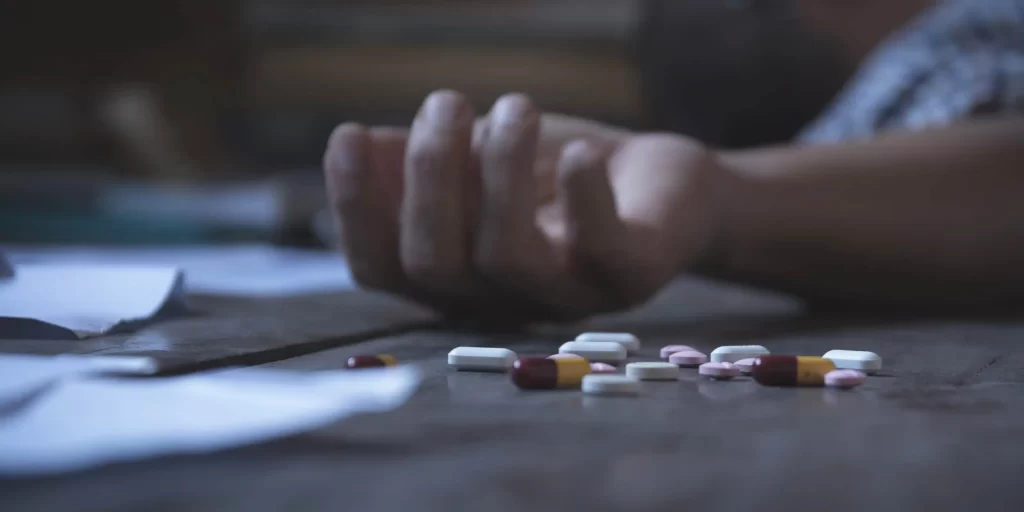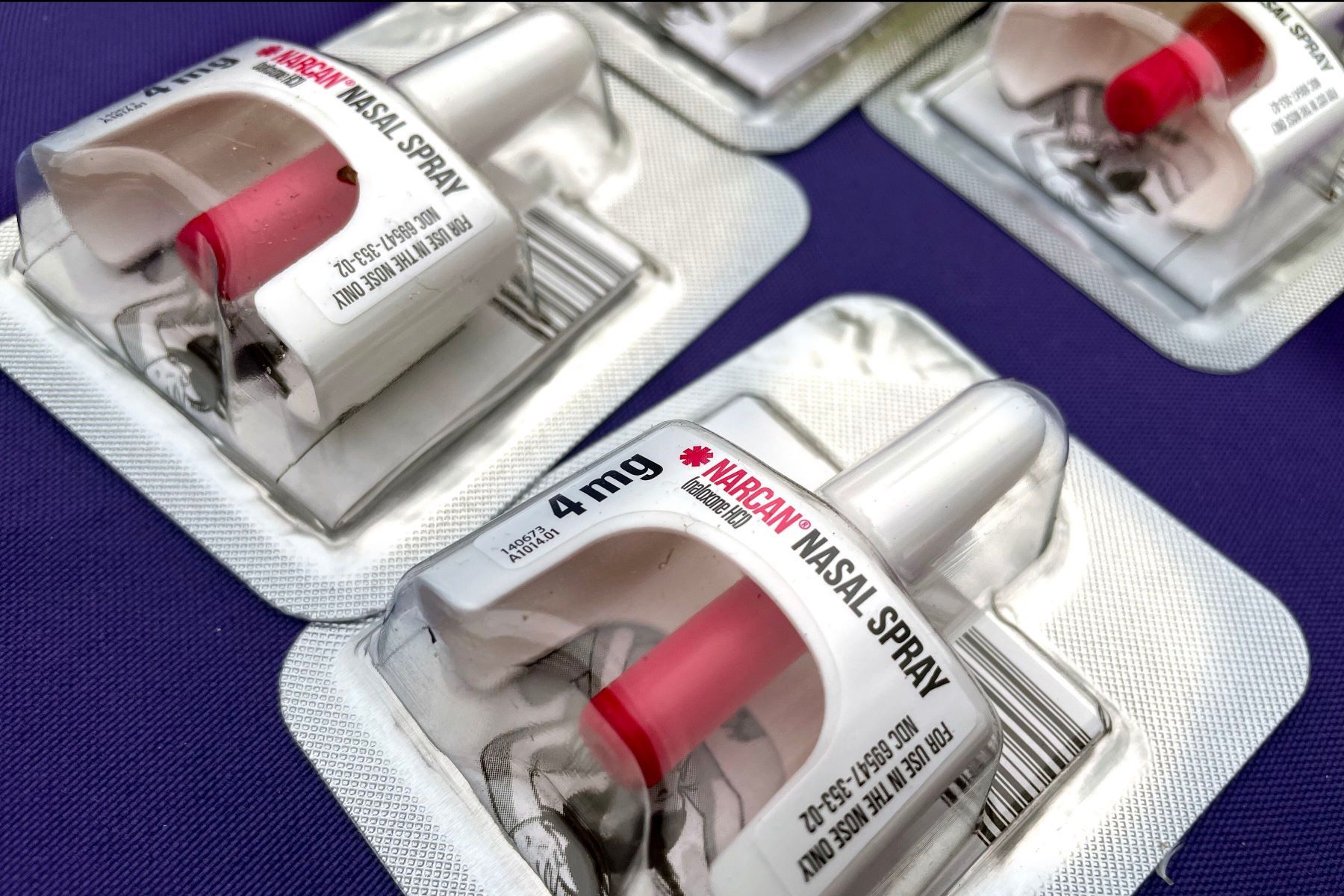The Food and Drug Administration’s independent advisors unanimously recommended on Wednesday expanding access to the nasal spray Narcan for over-the-counter use to reverse opioid overdoses, potentially making this life-saving treatment more widely available.
Emergent BioSolutions’ Narcan is currently the leading treatment for opioid overdoses on the market. The FDA is expected to reach a decision by March 29 regarding whether to allow individuals to purchase the 4 milligram nasal spray without a prescription. While the agency is not bound to follow its advisors’ recommendations, it typically does so.
“There is no reason to keep this as a prescription, let’s get it out there and save some lives,” said Elizabeth Coykendall, a paramedic at PM Pediatrics in Raleigh, North Carolina, and a temporary voting member of the FDA committee.
Emergent BioSolutions announced that if FDA approval is granted next month, Narcan will be available for over-the-counter purchase by late summer. The company has not disclosed the pricing details yet.
“We have been working on distribution plans with key stakeholders like retailers and government leaders,” said Matt Hartwig, a spokesperson for Emergent BioSolutions.
Currently, most states have issued blanket prescriptions allowing pharmacies to dispense Narcan, also known as naloxone, without requiring patients to present a prescription. However, FDA approval for over-the-counter use would expand access further, allowing individuals to obtain this treatment more conveniently and in more locations.
“If naloxone becomes a nonprescription product, it may be sold in many venues previously unavailable to consumers, including vending machines, convenience stores, supermarkets and big-box stores, just like other nonprescription products,” said Jody Green, an official from the FDA’s nonprescription drug division, during the advisory committee meeting.
According to the Centers for Disease Control and Prevention, more than 564,000 people in the U.S. have died from opioids since 1999, with fatalities escalating during the Covid-19 pandemic.
The Trump administration initially declared the opioid epidemic a public health emergency in 2017, a declaration that has been renewed by the Biden administration.
“Each day 187 people will die — this is absolutely tragic as we think of not only the individuals themselves, but the families, the communities, the workplaces.
This has profound human impact and we are all impacted from this,” said Manish Vyas, senior vice president of regulatory affairs at Emergent BioSolutions, addressing the committee.

Dr. Scott Hadland from Massachusetts General Hospital emphasized that the infiltration of fentanyl into the national drug supply has heightened overdose risks. He noted that many individuals unwittingly consume fentanyl through counterfeit pills believed to be prescribed medications, which can be lethal.
“Increasingly there are secondhand exposures that are also rising,” Hadland added, citing instances where toddlers have suffered overdoses after encountering fentanyl in public places or homes.
Hadland advised households to keep Narcan readily available, likening it to a fire extinguisher — a safety measure that may be crucial in emergencies even though ideally it remains unused.
Dr. Bobby Mukkamala from the American Medical Association advocated for Narcan to be as accessible as common medications like Tylenol for treating headaches or decongestants for nasal congestion.
He stressed the importance of making Narcan ubiquitous in public places similar to automated external defibrillators used for cardiac emergencies.
Jessica Hulsey, executive director of the Addiction Policy Forum, urged that Narcan be priced affordably, ideally no more than $20 per dose if sold over the counter. Narcan is typically packaged with two doses, and multiple doses may be required to reverse an overdose involving potent fentanyl.
Gay Owens, head of global medical affairs at Emergent BioSolutions, explained that Narcan works by displacing opioids from nerve receptor sites, thereby reversing the effects of respiratory depression that lead to fatal overdoses.
Despite the unanimous recommendation, FDA advisors deliberated on ensuring the simplicity and clarity of Narcan’s administration instructions, crucial for effective use in emergency situations.
A study sponsored by Emergent BioSolutions indicated that while most participants understood the over-the-counter label directions and used the Narcan device correctly in simulated emergencies, some found the instructions confusing due to their placement across multiple panels of the carton.
Millie Shah from the FDA division overseeing medication administration errors highlighted concerns that such confusion could lead to delayed administration or errors during real-life emergencies, where time is critical.
“To address this, the FDA has proposed placing all five instructions in sequential order on the back panel of the carton and including instructions in the device blister pack,” Shah explained.
While Emergent BioSolutions presented a mockup of these changes at the advisory meeting, the FDA has yet to evaluate the revised packaging.
The FDA’s ongoing efforts aim to ensure that Narcan, if approved for over-the-counter use, is not only widely accessible but also accompanied by clear, user-friendly instructions to maximize its life-saving potential in opioid overdose emergencies.
